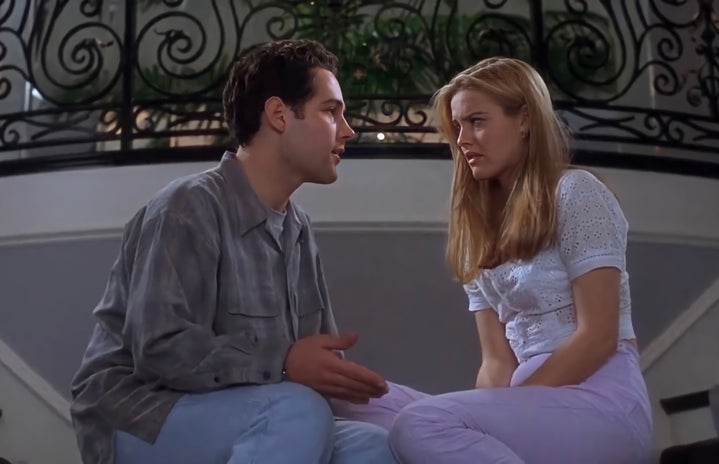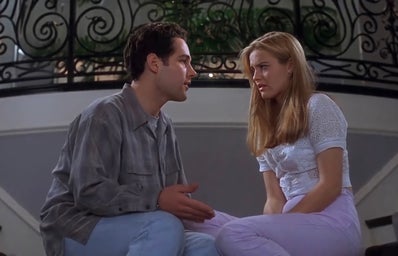“Love is so short, forgetting is so long.” – Pablo Neruda
When I was younger, I would roll my eyes whenever adults in T.V. shows or movies would say something about how first love was special. It seemed insane to me; why would a first love matter if the relationship was over? It always sounded like a cop-out. Then, I experienced love, and I understood. Your first love is important because it sets your expectations for romance and influences your behavior in future relationships. You can’t forget your first love because it’s the foundation for your next relationships. That’s not to say that we can never get over our first partners but that we carry lessons from our first relationships into our future relationships.
Setting Expectations
My first “relationship” was characterized by awkward dates, cheesy text messages, and a constant pit of anxiety in my stomach. My partner at the time had a difficult time communicating with me, so I would often get a long text message at the end of a month detailing why he wanted to take a break, go back to being friends, and forget that we had any romantic feelings for each other. This on-and-off pattern continued for two years but had a lasting impact on the way I view relationships today. There’s still a part of me that’s waiting for a message telling me that I wasn’t good enough.
Your first love sets the bar for your next relationships. First loves typically happen in adolescence or young adulthood when people go through significant physiological and social changes. The stressors of adolescence combined with puberty make first relationships intense. Moreover, first loves are idealized for two reasons. First, the media is oversaturated with stories about teenagers in their first relationships (think High School Musical, Clueless, etc.) This causes people to romanticize their first relationships because they have an expectation from pop culture that first relationships are magical. Second, the image of a person’s first relationship is tied with the image of themselves at that age. Many people look back on their first loves fondly because they liked who they were when they were in love – young, passionate, and just starting their life. Often in adulthood, people say that they “didn’t feel a spark” when they were out on a date with a new person. This is because future relationships can’t live up to the image of the first requited relationship that exists in their head. Any future relationship is compared to the very first one, and most of the time, they can’t quite compare.
Future Behaviors
I retained certain behaviors and mindsets with me after my first relationship officially ended. For example, I duck whenever I see a man with ginger hair on campus just in case it turns out to be him. I think long and hard about my interactions with potential romantic partners – if I’m being too forward, if my joke was funny or mean, if they’d find it weird if I asked to get a cup of coffee with them. It instilled a fear of being too much in me.
This phenomenon doesn’t just happen to me. First loves teach us how to act in our next relationships in good and bad ways. For many, the first relationship helped to communicate effectively with future partners. Instead of reacting (or overreacting) to information and starting a fight, people learn to take their time and think before they speak. Rather than bottling up negative emotions and unleashing them onto their partner all at once, they explain why they didn’t like something as soon as it occurred to them. The first relationship also shows people what their dealbreakers are. For example, can you be with someone who has different political views, or is that a dealbreaker?
First loves show people what they like, too (after all, there’s a reason you liked your first partner). They might solidify that you want a partner who shares interests with you or a partner who gets along with your friends. We can all learn from our past relationships no matter how they ended. Ultimately, relationships help us grow.
Arguably, the most important impact of our first relationship is this: We learn about ourselves. After my first relationship, I realized that I didn’t like who I was when I was with him; I was always trying to please him even as he did and said things I didn’t agree with. I’ve tamed my people-pleasing tendencies now. But a first love can change your perception of yourself and others. Harnessing this perception to become a better person ensures that your future relationships (platonic or romantic) are secure, fulfilling, and meaningful.


